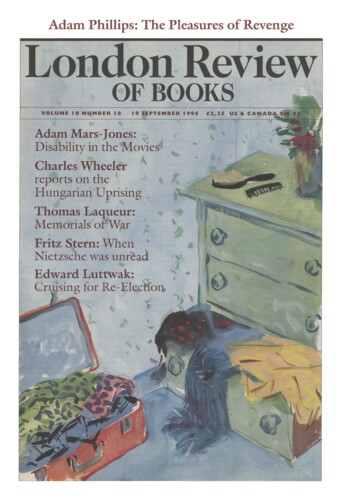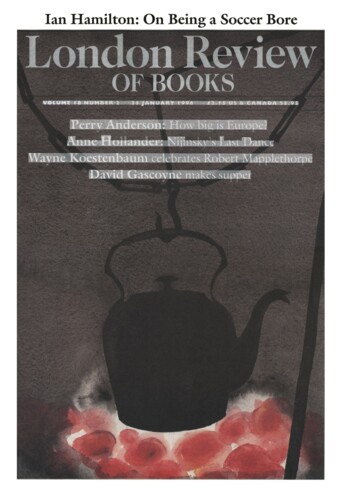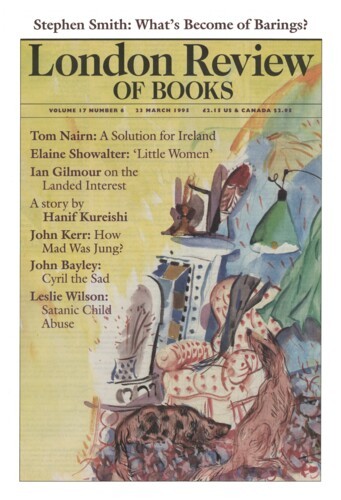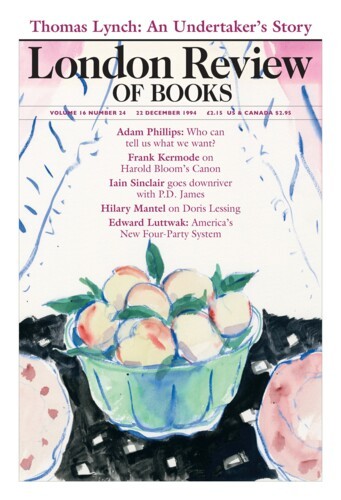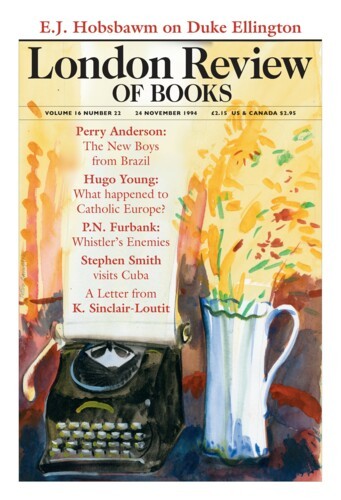The grenade went off as we were breasting the pampas. There was a bonfire of smoke, threatening to obscure the humid prairie of the Everglades laid out beneath us, and an incongruous whiff, like the smell of the stuff you dip mosquito nets in. We had successfully taken the high ground, or so we thought, and seized command of the field of sweet potatoes which stretched almost to the horizon. The Vietnam vet at my elbow reacted exactly as you would have expected a man of his experience to, and shimmered into the undergrowth. On the face of it, the grenade was a pretty substantial reverse for him. He had just been explaining how we were essentially bossing the entire situation. Now we were cut off from each other by a piece of ordnance which, you couldn’t help noticing, had dropped right down our throats. On the other hand, as I heard him mutter, it was only a smoke grenade. And, when all was said and done, he had let the thing off himself.
The grenade went off as we were breasting the pampas. There was a bonfire of smoke, threatening to obscure the humid prairie of the Everglades laid out beneath us, and an incongruous whiff, like...
